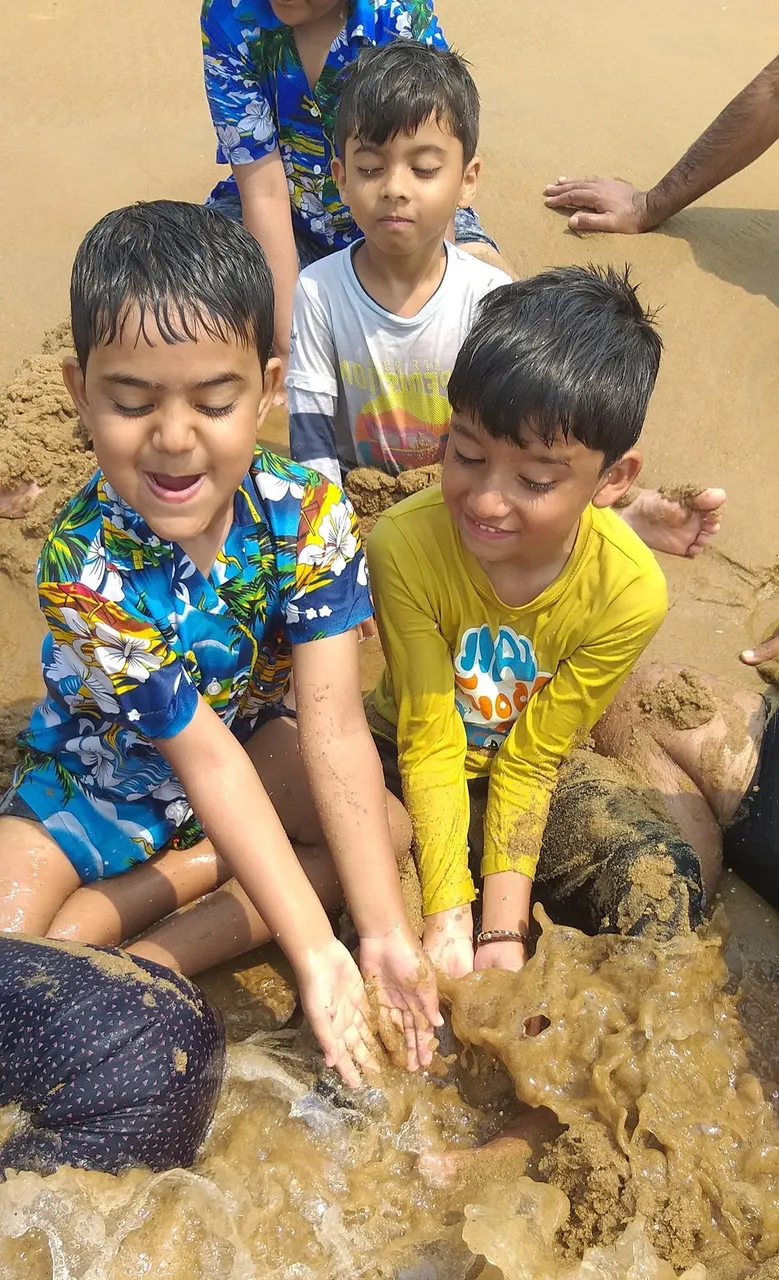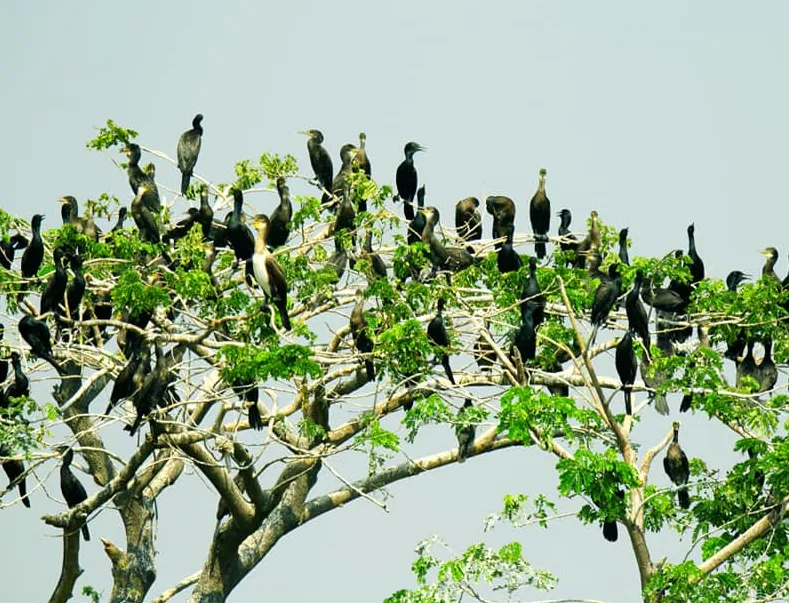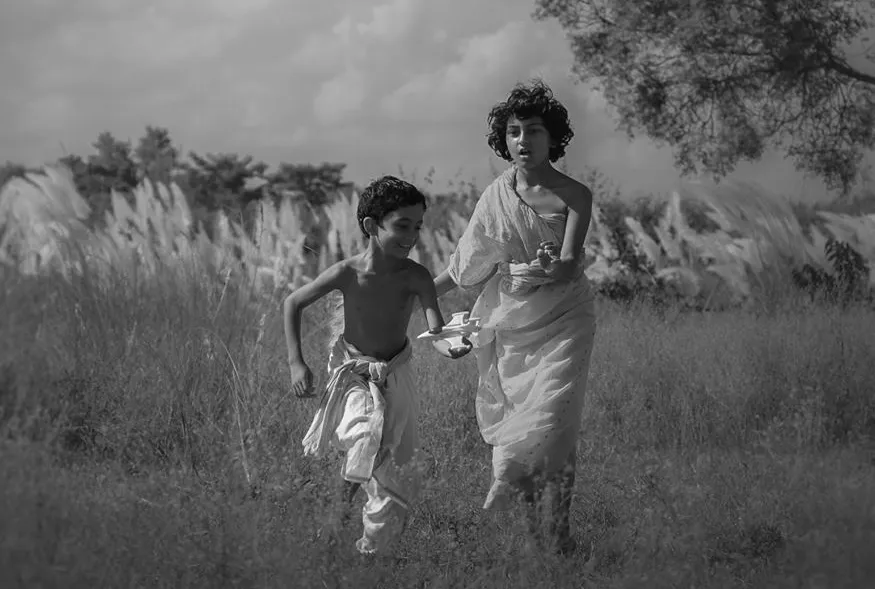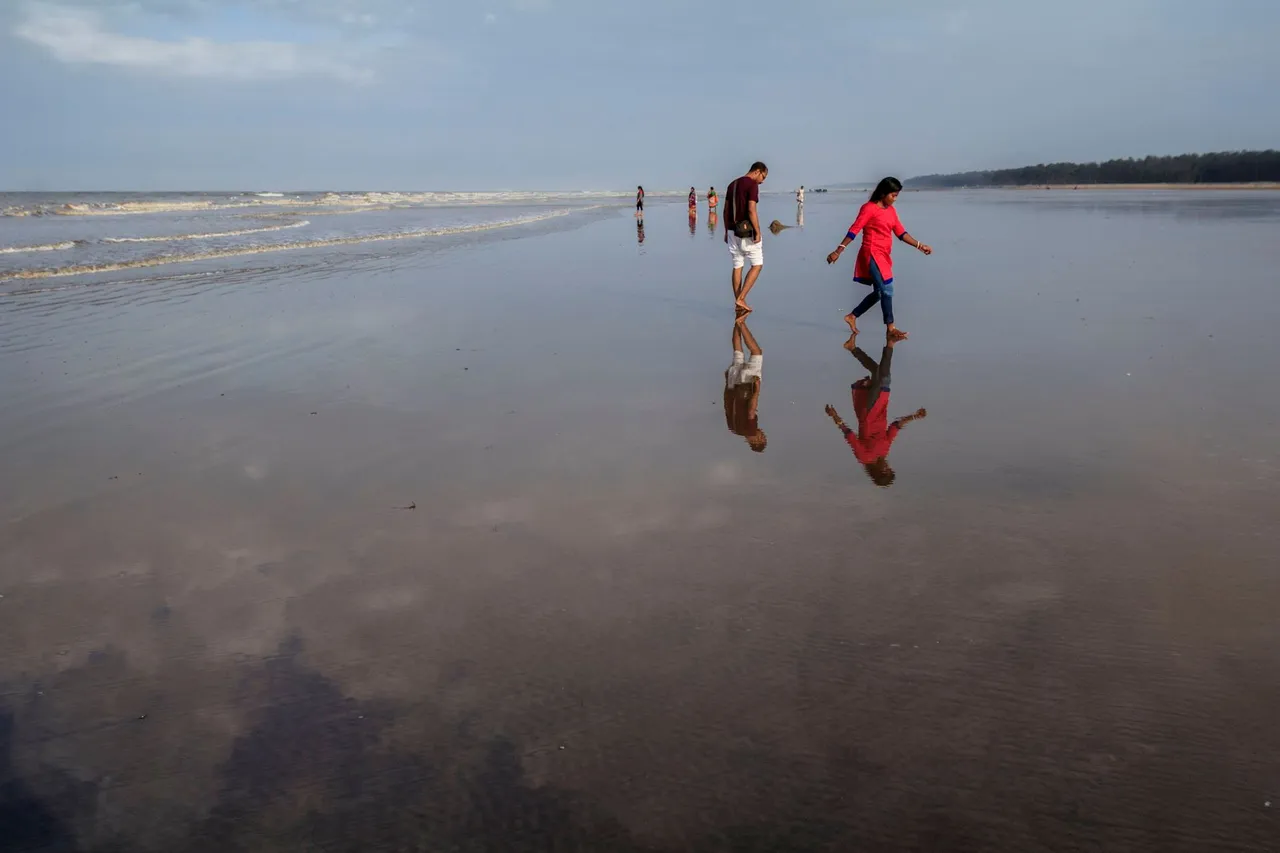Hello, readers I welcome you to participate in the @ecotrain community's effort known as the question of the week, which I find intriguing because it touches aspects of nature.
Many of us recall our childhood days of playing for hours on end on the street. We used to ride bikes, climb trees, dig holes in the garden, collect stones, pine cones, and rubbish, and use them to construct new things. In the garden, we'd look at the buds, weeds, and insects. From sunrise to night, we were youngsters playing carefree, carefree, until someone called us home.
We used to create a nest for kittens or dogs in the garden and feed them with food we brought from home. Every evening, we used to deliver buckets of water to our street's trees, which we shared, so that they wouldn't dry out in the blistering heat of summer days.

We left breadcrumbs in various locations for the birds who were unable to obtain food during the snowy winter days. In other words, playing in the street and so being naturally intertwined with nature became an unavoidable aspect of our existence. There was a connection between us and the natural world.
When we look at today's children, we can tell that they have had little exposure to nature. Some youngsters are unable to play outside, much alone in nature, on the street or in a park. They are rushing from one event to the next because they have an extremely hectic schedule.

Whatever the cause, whether it's a lack of time for families and children, a decrease in playgrounds, a lack of safe areas in terms of traffic on the streets, a mother's anxiety about her child sweating while running outside, or diseases spread by animals or insects in recent years, It makes it impossible for youngsters to play freely on the street or in parks.

On the streets, children are becoming increasingly disconnected from nature. Children's playgrounds have expanded to include television, computer screens, and retail malls. In short, children have begun to be negatively affected by the quickly changing lifestyles and tempos of families in recent years.
Obesity and cholesterol in youngsters, as well as emotional dissatisfaction, irritability, hyperactivity, attention deficit problems, poor social skills, and even depression at a young age, are all health issues.

Nature is essential for children. They must be able to freely play, run, see, touch, smell, and explore in the open air. They require nature for mental, emotional, and physical growth. Nature is required for them to learn. They require nature in order to be able to decide for themselves what to do in nature, both indoors and outdoors, based on the surroundings and situations in which they find themselves, in other words, to protect themselves in all circumstances. They require nature in order to be healthy. Nature is necessary for them to prepare for life.

Who will take care of nature-related problems in the future if children do not interact with nature from a young age, do not identify and enjoy nature? Who is going to be concerned about endangered animals and plants? Who will be responsible for global warming, pollution of the environment, and natural disasters? Who will start recycling at their place of business or in their neighborhood?
Who knows, the reeds are home to a variety of living organisms and should thus be conserved. As a result, the natural life cycle is also protected, which is critical for the ecosystem.
Thanks for reading, Have a great day!






